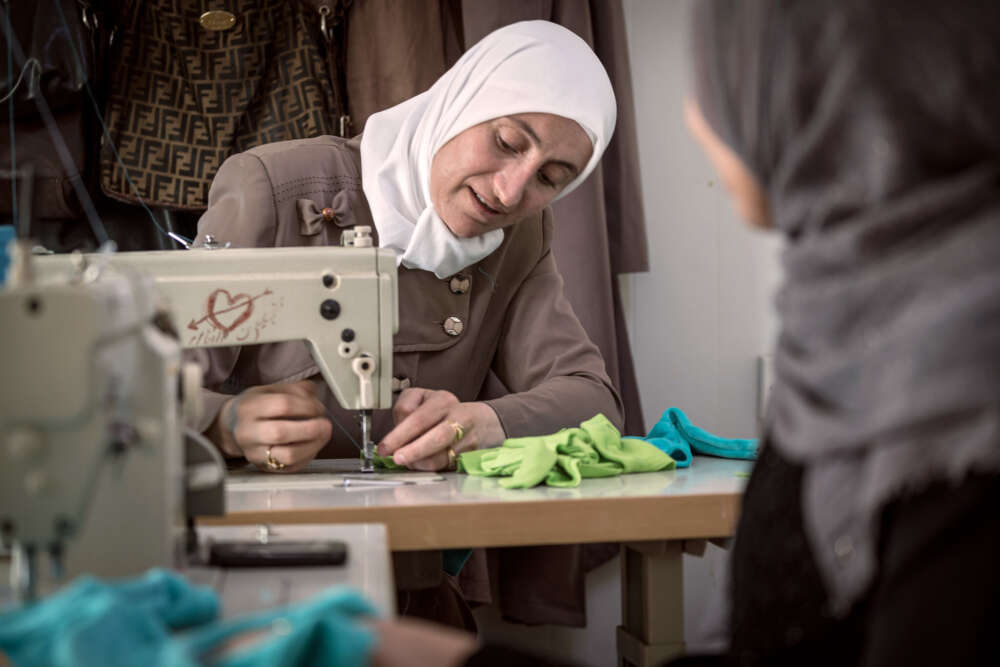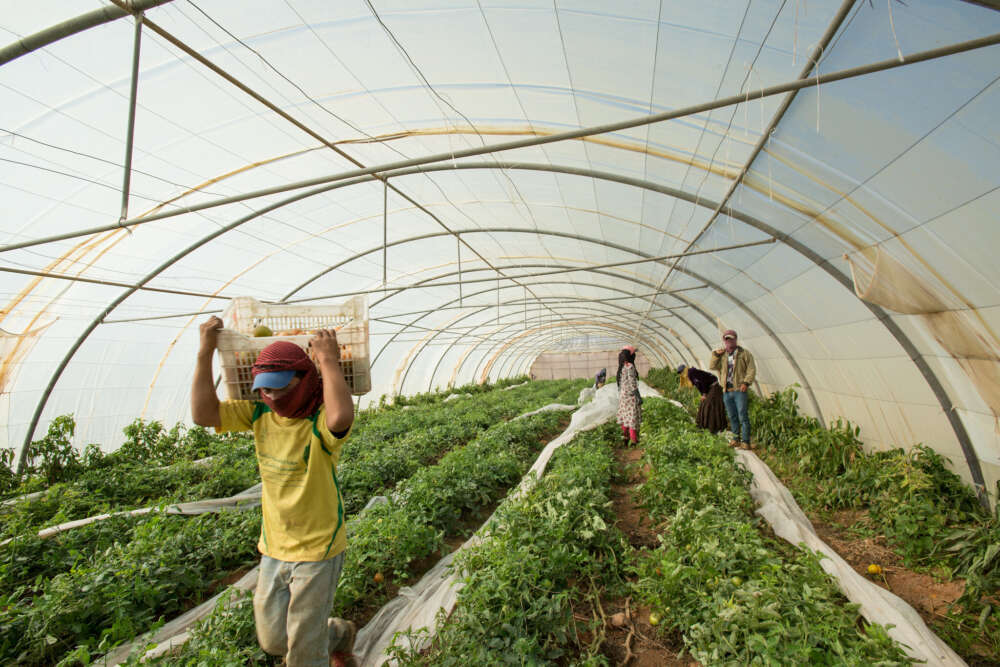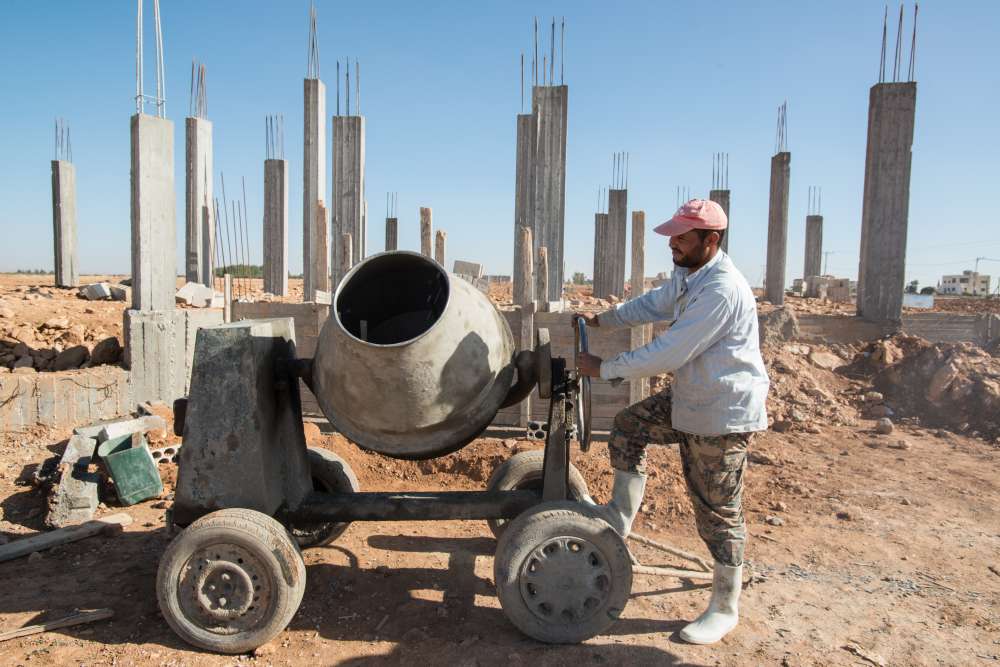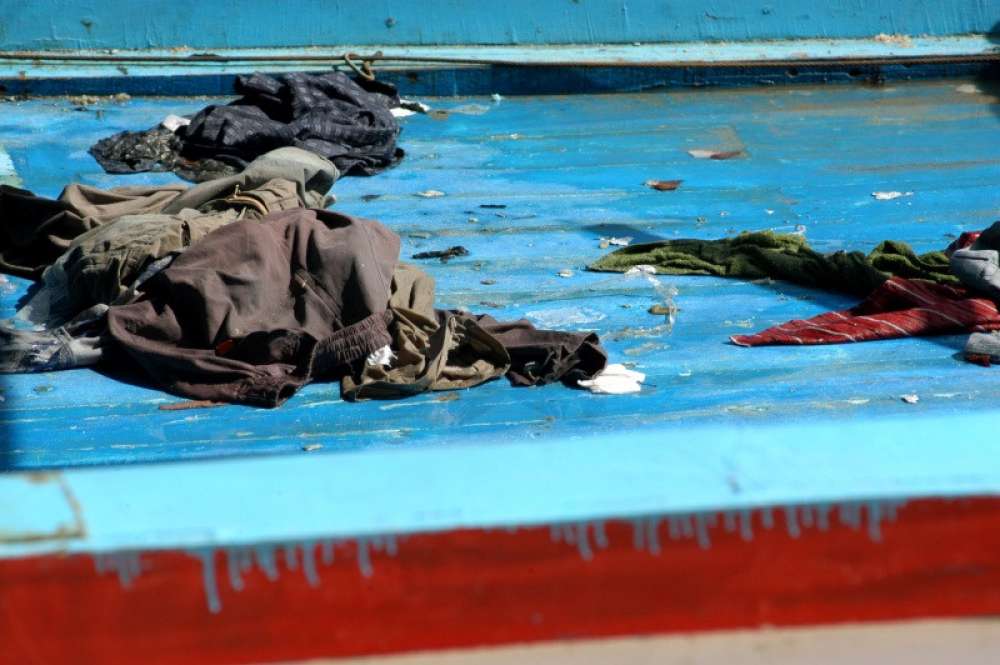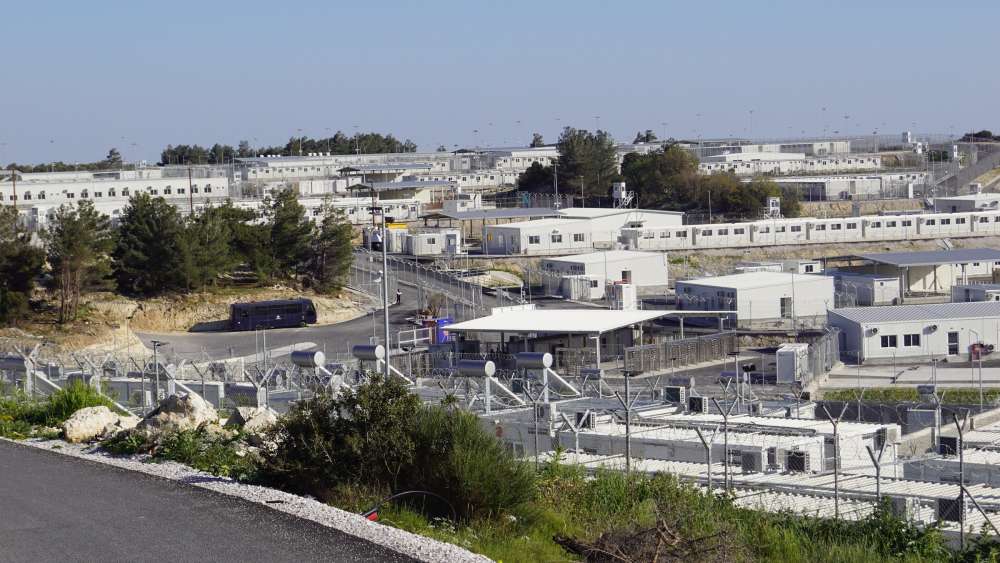EU Asylum Reform and the Western Balkans
What Does the Future Hold for Serbia?

What Is the Matter?
In June 2023, the EU’s Justice and Home Affairs Council agreed to reform the Common European Asylum system and drastically change how asylum applications are handled at the EU’s external borders. In the future, EU countries will be allowed to more easily reject asylum applications as inadmissible when they deem that an applicant could find protection in a non-EU country. The reform will have consequences beyond the EU, too, as Serbia’s case shows. The reform is likely to incentivize pushbacks at Serbia’s borders, thus exacerbating a broader rule-of-law crisis, and counteract years-long political and financial efforts by EU institutions to build a functioning asylum system. It may also alter EU-Serbia relations and harm the accession process.
What Should Be Done?
The EU plays a key role in asylum policy decisions in Serbia. Examples from the recent past – on access to territory, asylum procedures, reception, and access to services – show where this influence is particularly strong, and why. One principal observation is clear: Serbia can make gradual progress in developing its asylum system but requires the EU to set positive framework conditions. This would include the following points: In respect to EU asylum reform/the future Procedures Regulation:
- Detail the required state of the asylum system and quality of protection required for “Safe Third Countries”;
- Make EU institutions responsible for assessing whether a third state can be considered a “Safe Third Country”;
- Clarify the consequences of failed return for access to the asylum procedure;
- Agree on the kind of support granted to third states considered “Safe Third Countries”.
In respect to current non-compliance by EU countries and collaboration with Serbia:
- The EU Commission should fulfill its supervisory role of EU law;
- External action should double down on policy dialogue and measures aimed at strengthening the Serbian asylum system;
- DG NEAR’s progress reports should reflect the state of the Serbian asylum system.
Download the full policy paper.
This policy paper is part of the project ASILE: Global Asylum Governance and the EU’s Role. Funding for this project is provided by the EU’s Horizon 2020 program. For more information on the ASILE project, visit the consortium website.
